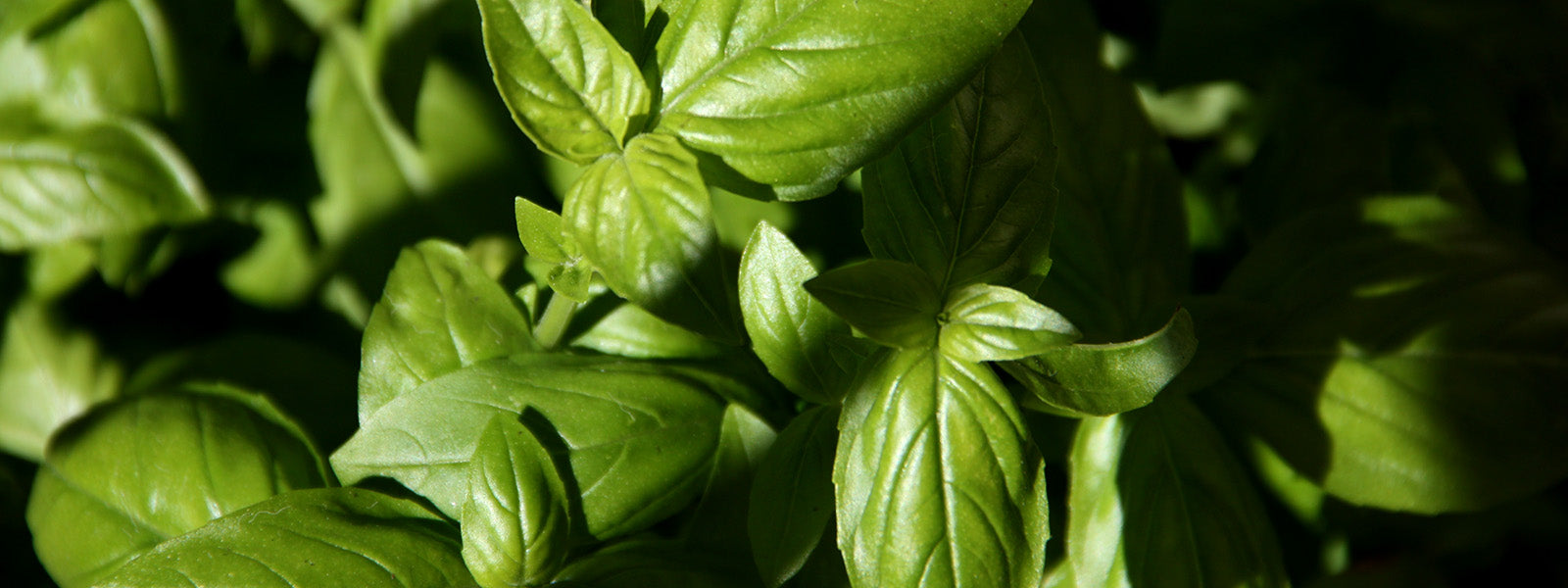Milk thistle is a plant that has been used medicinally for over 2,000 years. It is native to the Mediterranean region but can now be found all over the world. The active ingredient in milk thistle is called silymarin, which is a flavonoid compound/
For more than 2000 years, people have utilised milk thistle (Silybum marianum) as a herbal treatment, especially for issues with the liver, kidneys, and gallbladder. According to many studies, milk thistle contains compounds that shield the liver from toxins, including certain medications like acetaminophen (Tylenol), which can harm the liver in large amounts. This is notably true of a flavonoid called silymarin. Silymarin contains anti-inflammatory and antioxidant effects. It may also aid the liver in self-healing by stimulating cell growth.
Table of Contents
About Milk Thistle:
The milk thistle is a Mediterranean native. It belongs to the same family as daisies and sunflowers, the asteraceae. Today, it may be found all over the world. Typically, this robust thistle thrives in arid, sunny climates. Spiny stems grow to a height of five to ten feet and branch at the top. The broad leaves have white veins or spots. The milky white fluid that is released when the leaves are crushed gives milk thistle its name. The blossoms are purple and crimson. The dark, speckled, and glossy fruit has a modest size and firm skin. The milk thistle grows in less than a year and spreads swiftly (it is regarded as a weed in some regions of the world).
A drop of the Virgin Mary's milk is said to have fallen into the leaves of this thorny plant, which is why it has characteristic purple blossoms and white veins, according to traditional tales. Silymarin is a class of plant chemicals that constitute the active components in milk thistle.
Composition of Milk Thistle:
Milk thistle's silymarin, a substance isolated from the seeds, is its active component and the one that defends the liver. Silymarin is really a class of flavonoids that includes silibinin, silidianin, and silicristin. These flavonoids are supposed to aid in the healing of liver cells that have been harmed by alcohol and other toxins. Silymarin also guards against these same poisons destroying brand-new liver cells. It has anti-inflammatory properties and is a potent antioxidant, which is why it is frequently recommended for persons with hepatitis or liver inflammation.
The majority of milk thistle products are standardised preparations prepared from the plant's seeds that range in silymarin content from 70% to 80%.
Health benefits of Milk Thistle:
Alcohol-related liver disease
Scientific investigations on milk thistle's efficacy as a therapy for alcoholic cirrhosis and hepatitis provide conflicting findings. According to the majority of research, milk thistle boosts survival rates in persons with cirrhosis or chronic hepatitis and enhances liver function.
Viral hepatitis:
The herb milk thistle is frequently used to treat viral hepatitis (particularly hepatitis C)
Cancer treatment:
Silymarin and other milk thistle active ingredients may have anti-cancer benefits, according to preliminary laboratory tests. These compounds seem to:
- preventing the division and reproduction of cancer cells
- shorten the cancer cells' life span
- impede the flow of blood to cancers
According to certain research, silymarin may complement sunscreen use positively and lower the risk of skin cancer. According to other research, milk thistle and chemotherapy may work in concert.
Interesting facts about Milk Thistle:
- The milk thistle is indigenous to Europe, and early settlers brought it to North America. The eastern United States, California, South America, Africa, Australia, and Asia are all places where milk thistle can be found.
- Both "milk thistle" and "silymarin" are frequently used synonymously.
- In the past, milk thistle was used to treat gallbladder and liver issues.
- For the treatment of hepatitis, cirrhosis, jaundice, diabetes, indigestion, and other disorders, milk thistle is marketed as a nutritional supplement.








Leave a comment